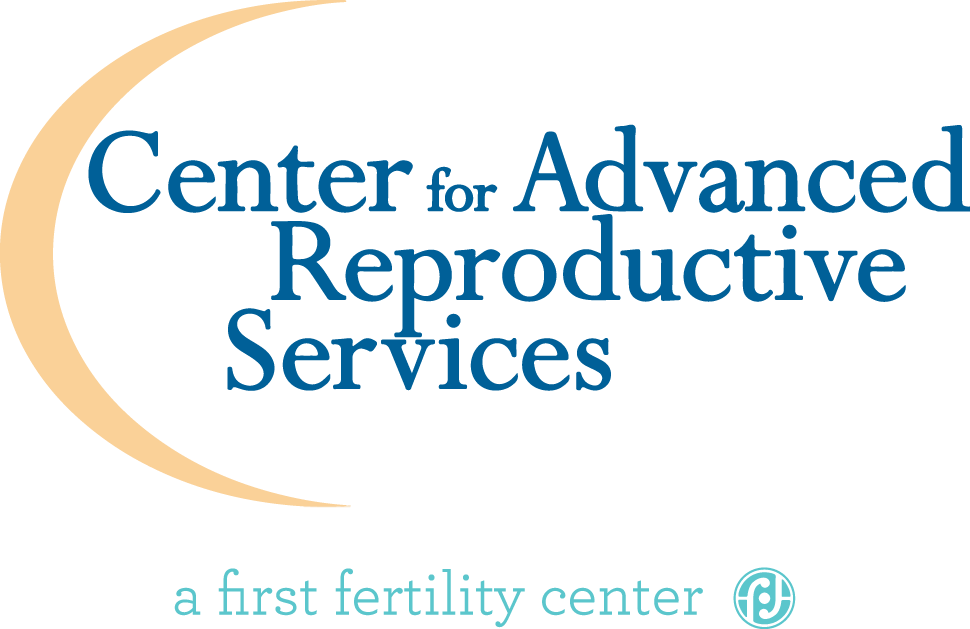March 1, 2022
No Comments
by Ami Chokshi, Integrative Fertility Coach
Endometriosis affects women in their reproductive years and is a condition where the tissue that lines the uterus may be found in other places of the body, like in the abdomen, ovaries, or fallopian tubes.
Endometrial lining typically sheds during a woman’s period, but with endo, it gets trapped in these other areas outside of your uterus. It can also irritate your nerves and cause pain in many women. This can lead to chronic inflammation and an accumulation of scar tissue.
Endo warriors know how painful and stressful this condition can be and how the symptoms can take over your life, including debilitating period cramps, long and heavy flow, fatigue, bloating, constipation, painful sex, and infertility.
These tips may help reduce your symptoms –
Use your fork
Eating a diet that is plant-focused, high in nutrients, low in toxins, supports balanced blood sugar, and removes common triggers like gluten, sugar, and caffeine.
It includes eating a variety of vegetables – like leafy greens, cruciferous veggies like broccoli and cauliflower in each meal – as well as fresh fruits, especially berries.
Stable blood sugar is a critical component in this way of eating, so one way to do this is to combine fiber – through vegetables, whole grains, or additions like ground flax or chia – with a protein in every meal.
Clean up your environment
Because endometriosis is both an inflammatory and immune problem, endocrine-disrupting chemicals and other environmental toxins can worsen it.
Taking a look at your overall environment to make sure you are drinking clean water, breathing clean air, and eating clean food can help reduce the inflammation.
Sometimes the culprit is right in front of you. For example, one of my clients with endo is a hairstylist. When we examined her environment, she was consistently exposed to harmful chemicals from the hair products she was using with her clients. When she switched to cleaner hair products, her symptoms lessened.
To switch up your household products to cleaner ones, check out the Environmental Working Group’s website (ewg.org). This website offers tons of insightful guides to help you switch to cleaner products.
Supplements to Consider – NAC & Pycnogenol
N-acetyl cysteine or NAC is a powerful antioxidant. It supports inflammatory response, may lower tissue damage, and it supports your liver to purge those fertility-mugging toxicants in your system. In a 2013 study, women who regularly took NAC saw a reduction in ovarian endometriosis. This included lowering the severity of pelvic pain and having a less heavy flow.
Another antioxidant that supports endometrioses is pycnogenol, which is a plant extract that comes from French maritime pine bark extract. It offers numerous health benefits due to its combination of organic acids, procyanidins, and bioflavonoids. Over four weeks, Pycnogenol helped reduce pain from severe to moderate.
Fertility Massage
Finally, consider working with a practitioner who is trained in Arvigo massage or a physical therapist who has experience with endometriosis. These therapies can help break up adhesions, and they complement the food and lifestyle changes you are making.
Endometriosis can be all-consuming, so I hope these tips are helpful to reduce inflammation and balance your hormones to support your fertility and desire to get pregnant.
Sources:
 Retirement isn’t the end of the road…it’s the beginning of clear skies full of adventure. Please join us in wishing Dr. John Nulsen many years of joy and happiness as after 35 years of dedicated service, Dr. Nulsen will be retiring from The Center at the end of this year.
Retirement isn’t the end of the road…it’s the beginning of clear skies full of adventure. Please join us in wishing Dr. John Nulsen many years of joy and happiness as after 35 years of dedicated service, Dr. Nulsen will be retiring from The Center at the end of this year.

